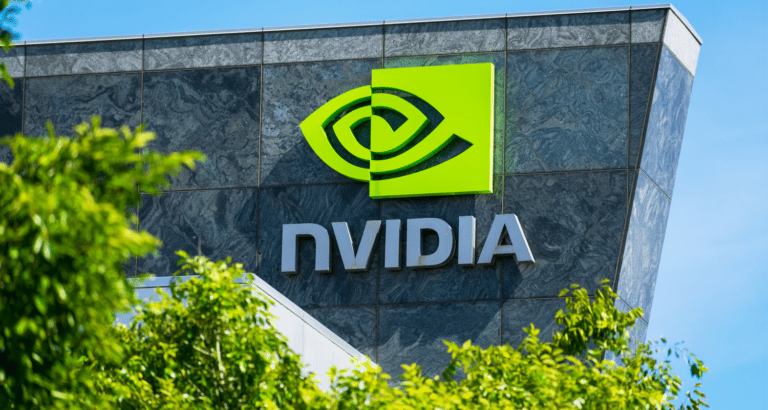Nvidia released preliminary financial data for Q2 on Monday revealing that sales and gross margins are expected to fall short of previously issued forecasts.
Back in May, Nvidia forecasted $8.1 billion in sales for the fiscal quarter ending July 31. The business indicated that it now expects revenue of $6.7 billion in its recently issued preliminary results report. The announcement caused shares to fall by 7 percent in trade today.
Even though Nvidia’s second-quarter revenue is projected to fall short of internal projections, it marks an increase over the previous quarter. The $6.7 billion in revenue projected is a 3 percent year-over-year rise.
The gaming market is saturated
Nvidia blames its lower-than-expected sales on its gaming division. Revenue from the gaming division, which sells graphics processing units to consumers, decreased 44 percent year-over-year to $2.04 billion.
Jensen Huang, founder and CEO of Nvidia, said that the company’s gaming product sell-through predictions decreased considerably as the quarter progressed. Because the company anticipated that the macroeconomic factors impacting sell-through would persist, it worked with its gaming collaborators to alter channel prices and inventories.
Nvidia’s data center business, which sells GPUs to enterprises and cloud providers, improved in the second quarter. The company’s revenue surged by 61 percent to hit a record $3.81 billion. On the other hand, Nvidia indicated that the unit fell “somewhat short” of expectations due to supply chain interruptions.
What the future looks like
Nvidia also announced that it expects to incur $1.32 billion in inventory-related costs, reflecting long-term purchase commitments made during acute component shortages and its current anticipation of continued macroeconomic instability.
Nvidia also has a strategy to handle the burgeoning use of artificial intelligence, including infrastructure for data centers, personal computer sectors and the automotive industry. Nvidia produces a range of specialist processors for self-driving cars that employ artificial intelligence to enable autonomous driving capabilities.
Nvidia has received $11 billion in orders from clients in the automotive industry. The company expects this segment of its product line to become its “next multibillion-dollar business” in the long run.
